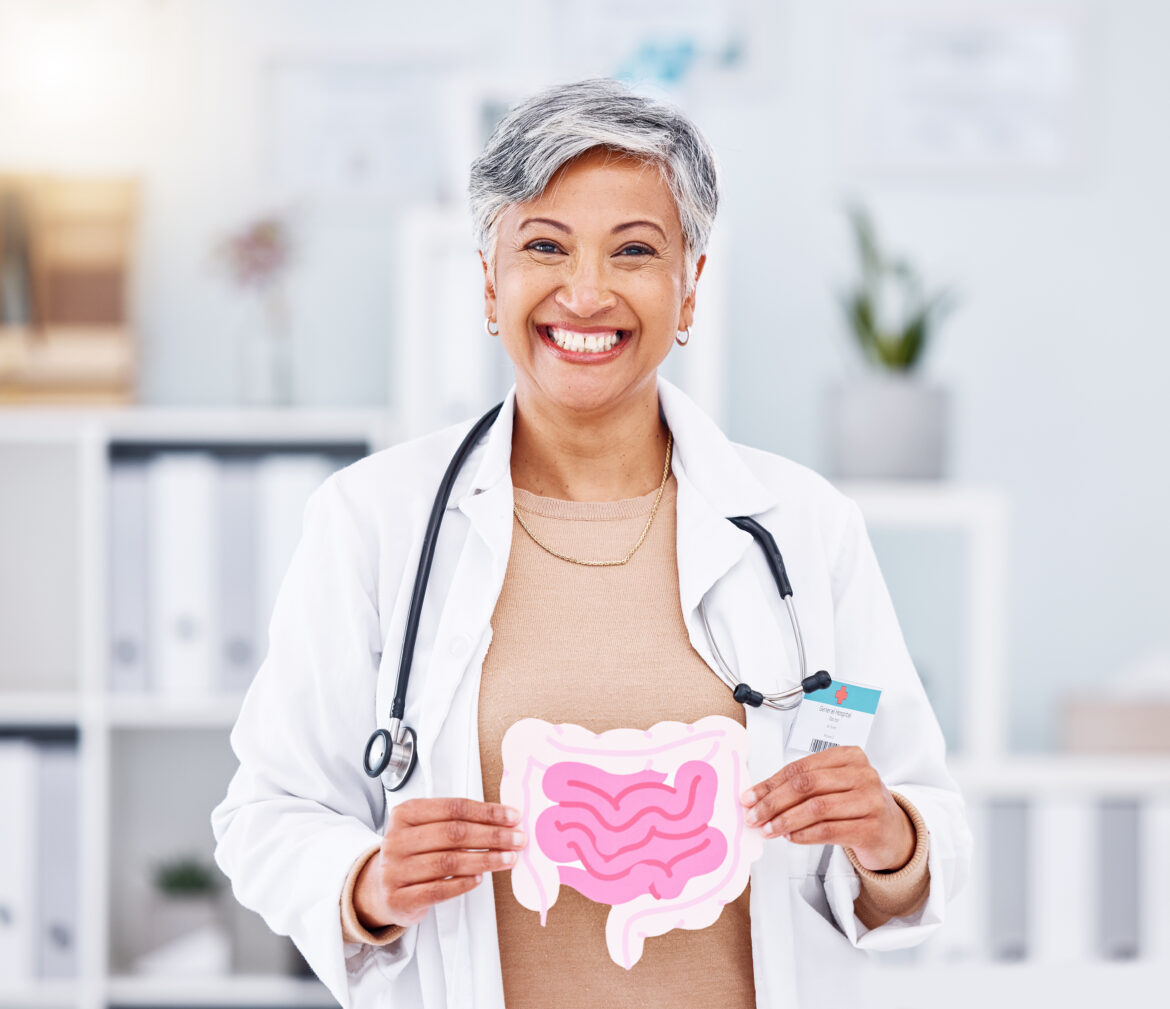Ever notice how your period cravings hit hard, your mood swings feel out of control, or your energy levels plummet right before your cycle? It’s not just in your head—it’s in your gut.
Your gut and your hormones are deeply connected, and what you eat can directly impact your menstrual cycle, mood, and overall well-being. A balanced gut means balanced hormones, and balanced hormones mean fewer PMS symptoms, more stable moods, and a cycle that feels more in sync with your body rather than something you have to battle.
Let’s dive into the powerful connection between your gut and your hormones—and how you can use food to take control of your cycle and your mood.
How Your Gut and Hormones Work Together
Your gut is home to trillions of bacteria that help with digestion, immunity, and hormone regulation. This collection of bacteria, called the gut microbiome, influences how your body processes estrogen, progesterone, and cortisol—three key hormones that dictate your cycle, mood, and stress levels.
A healthy gut supports hormone balance by breaking down and eliminating excess estrogen, regulating cortisol, the stress hormone, and producing serotonin, the “feel-good” hormone, which helps stabilize mood and reduce anxiety.
When your gut is out of balance due to processed foods, stress, or antibiotics, it can lead to hormonal imbalances, causing everything from bloating and mood swings to painful periods and acne.
Signs Your Gut is Impacting Your Cycle and Mood
If your gut health is off, your hormones will let you know. Watch out for these red flags:
- Intense PMS symptoms, such as bloating, cramps, and mood swings, may signal that your gut bacteria are not properly regulating estrogen.
- Irregular cycles can be a sign of estrogen dominance or low progesterone, both of which are influenced by gut health.
- Mood swings and anxiety are often linked to an unhealthy gut, which can reduce serotonin production and increase stress hormone levels.
- Digestive issues before your period, including constipation and bloating, may indicate gut inflammation.
- Skin breakouts are often tied to gut health, as poor digestion can lead to hormonal acne flare-ups.
The Best Foods to Balance Your Gut and Hormones
The good news is that you can improve your gut health and balance your hormones through your diet. Here’s what to eat:
- Probiotic-rich foods help replenish good bacteria to regulate hormones. Examples include yogurt, kefir, sauerkraut, kimchi, kombucha, and miso.
- Fiber-packed foods support estrogen detox and keep digestion smooth. Leafy greens, flaxseeds, lentils, quinoa, and oats are great options.
- Healthy fats help produce balanced hormones and reduce inflammation. Avocados, olive oil, nuts, seeds, and fatty fish are all beneficial.
- Antioxidant-rich foods reduce stress on the gut and support hormone function. Berries, dark chocolate, turmeric, and green tea can all help.
What to Avoid
Certain foods can disrupt gut health and hormone balance, making symptoms worse. It’s best to limit:
- Processed sugars and refined carbs, which can spike cortisol and cause blood sugar crashes.
- Excess caffeine, which can stress the adrenal glands and disrupt the menstrual cycle.
- Alcohol, which can interfere with estrogen metabolism and disrupt sleep.
Lifestyle Hacks for a Healthier Gut and Balanced Hormones
Beyond food, daily habits play a significant role in gut and hormone health. Try these strategies:
- Prioritize sleep. Poor sleep increases cortisol and throws off the gut microbiome. Aim for seven to nine hours per night.
- Manage stress. Chronic stress inflames the gut and disrupts hormone balance. Practices like yoga, meditation, and deep breathing can help.
- Stay hydrated. Water helps flush out excess hormones and keeps digestion running smoothly.
- Move your body. Exercise supports gut bacteria and hormone regulation, particularly during PMS.
- Cycle syncing. Adjusting diet and movement to match your cycle phases can optimize balance and energy levels.
Final Thoughts
Your gut health and hormones are in constant conversation, and what you eat plays a major role in how you feel throughout your cycle. By nourishing your gut with the right foods, managing stress, and making small daily changes, you can experience a more balanced cycle, stable mood, and better overall well-being.
Take care of your gut, and your hormones will thank you.
#NeonGurlWellness #GutHealth #HormonalBalance #CycleSyncing #PMSRelief #WellnessTips #HealthyLiving



